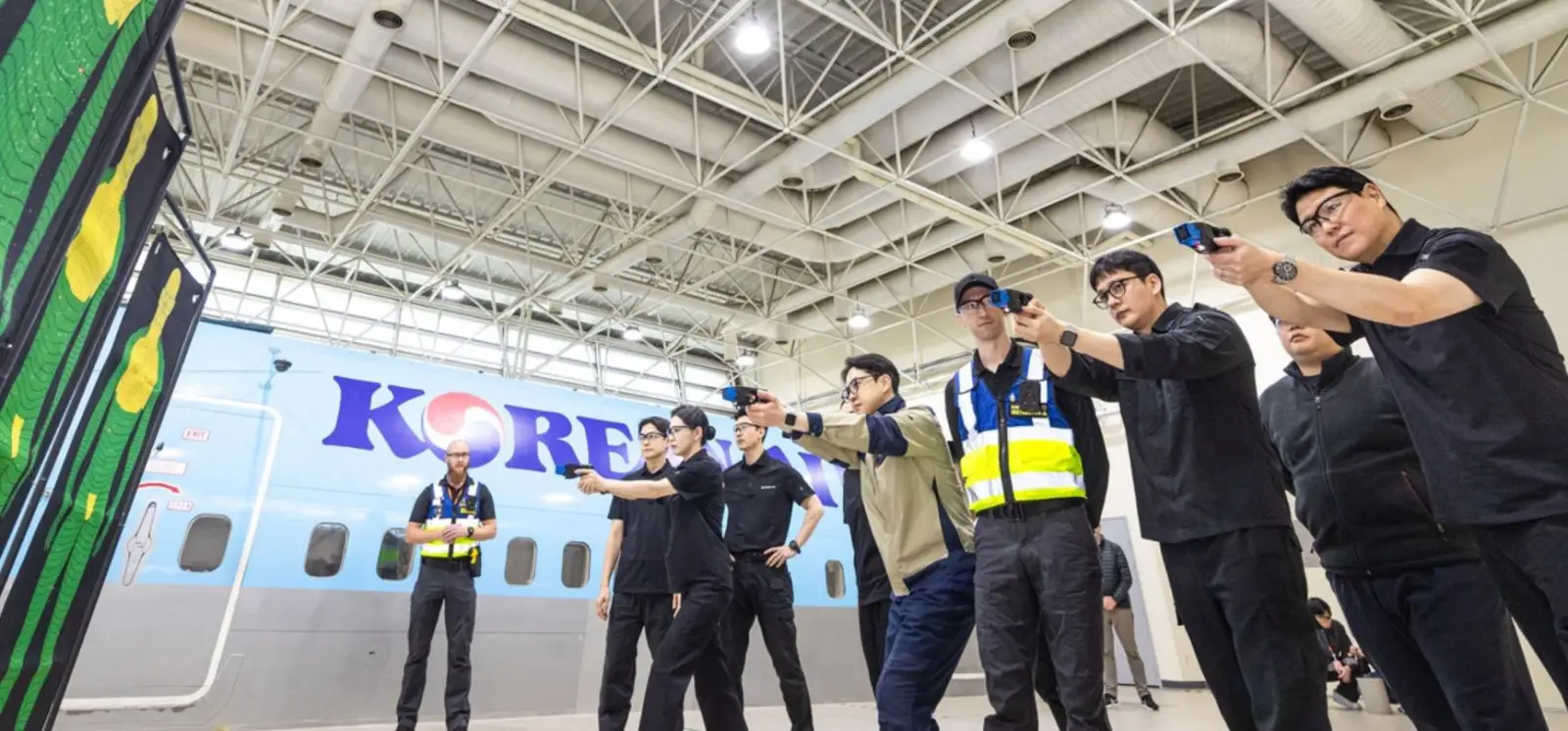GlobalBeacon, a solution from Aireon and FlightAware, is now providing global, real-time flight tracking to airlines ahead of the International Civil Aviation Organization (ICAO) Global Aeronautical Distress Safety System (GADSS) recommendations, which will be effective November 8, 2018.
GlobalBeacon provides airlines with minute-by-minute global aircraft tracking for their aircraft at all times, anywhere in the world.
GlobalBeacon is a first of its kind, turnkey solution that surpasses GADSS standards and recommended practices for flight tracking. By combining FlightAware’s data processing platform and web-interface, with Aireon’s space-based ADS-B network, GlobalBeacon transcends borders and Flight Information Regions (FIRs) and eliminates coverage gaps in polar airspace, over deserts and in oceanic regions. At the heart of GlobalBeacon’s capability is an aggregation of tracking information from Aireon’s space-based ADS-B network and FlightAware’s contextual flight data – including origin, destination, flight plan route and estimated time of arrival (ETA).
Now live, GlobalBeacon enables airlines of all sizes to proactively position themselves to respond in the event of an emergency. It facilitates communication between the aircraft operator and the controller with constant fleet monitoring, automated distress alerts and tools that make it easy to share information.
“FlightAware and Aireon announced the development of GlobalBeacon back in September 2016. Now, we are days away from ICAO GADSS recommendations for flight tracking going into effect. We have a live solution that not only exceeds the recommendations for 2018, but also includes the components already ahead of the requirements for 2021,” said Aireon CEO, Don Thoma. “We are extremely proud of the partnership we have cultivated with FlightAware, and through this partnership, space-based ADS-B is already operational through many airlines and aircraft operators.”
“GlobalBeacon provides a cost-effective and easy-to-deploy solution that exceeds all GADSS standards and recommended practices for flight tracking. It’s designed to work in conjunction with existing processes and tools commonly used by aircraft operators, making it easy to implement and use with any airline size. By leveraging existing ADS-B technology, GlobalBeacon has a unique advantage over other potential solutions because it typically does not require any new hardware or equipment to be installed on or in the aircraft,” said FlightAware CEO, Daniel Baker.
In late September 2016, it was announced that Qatar Airways would be the first airline to adopt the new GlobalBeacon technology that would feed directly into their Integrated Operations Centre. From the beginning of the product development cycle, Qatar Airways has been involved in beta testing and validation of GlobalBeacon. “Right after we announced the creation of GlobalBeacon, Qatar Airways joined as GlobalBeacon’s launch customer. With their involvement early on, we’ve been able to test and validate the product and ensure that it incorporates best practices for global flight tracking and fleet monitoring,” said Baker.
Qatar Airways Group Chief Executive, His Excellency Mr. Akbar Al Baker, said: “We are thrilled to have been the first airline to use space-based ADS-B technology, and we are honoured to collaborate with both FlightAware and Aireon on the development of this solution. As one of the fastest growing leading airlines in the world, our goal is to consistently deliver the best service to all our customers. GlobalBeacon seamlessly integrates with our existing ICAO 2018 compliant flight watch technology (Total Operations System), and further enhances the safety of our operations and fleet management by providing updates every minute or less.”












